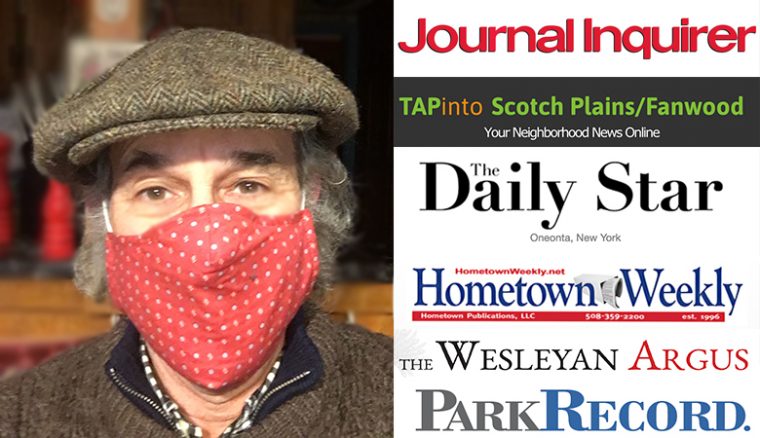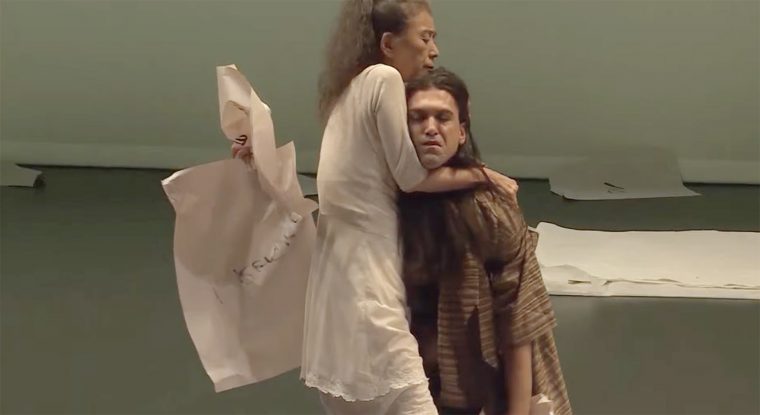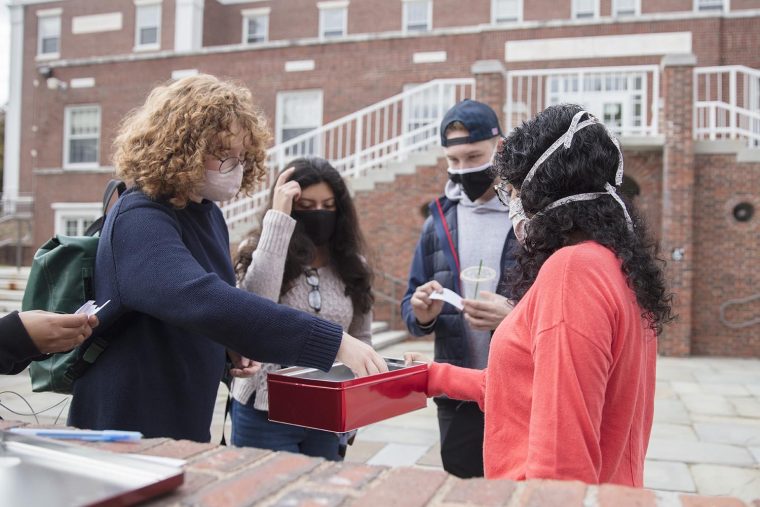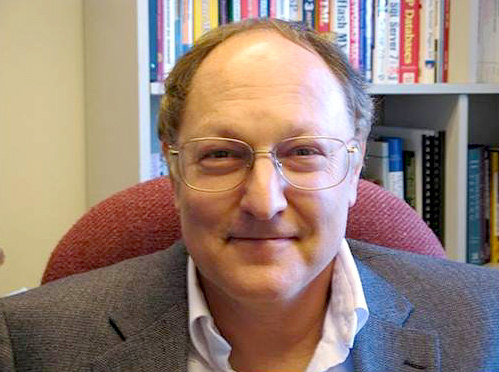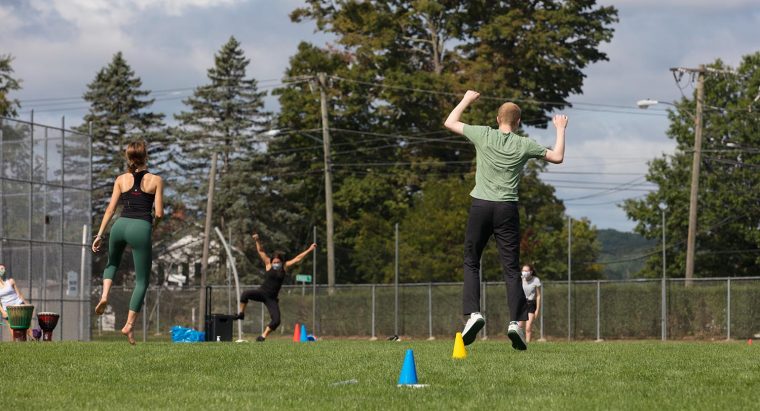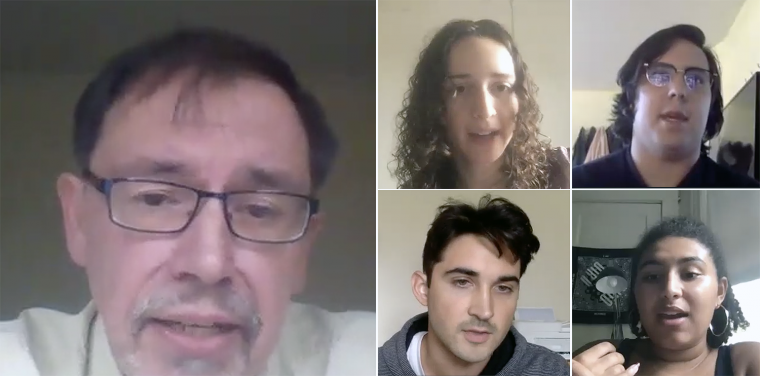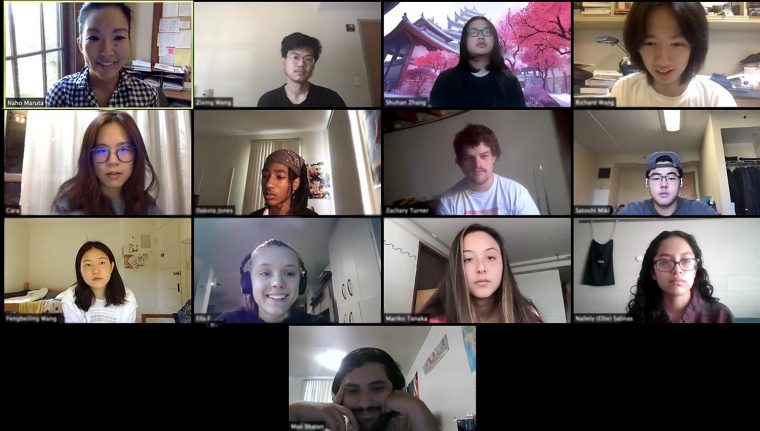As part of the BIO 173: Global Change and Infectious Disease course, Professor Fred Cohan assigns students to write an essay persuading others to prevent future and mitigate present infectious diseases. If students submit their essay to a news outlet—and it's published—Cohan awards them with extra credit. As a result of this assignment, more than 25 students have had their work published in newspapers across the United States. Many of these essays cite and applaud the University's Keep Wes Safe campaign and its COVID-19 testing protocols. Cohan, professor of biology and Huffington Foundation Professor in the College of the Environment…
During the COVID-19 pandemic, most of Wesleyan's musical activities and classes were canceled, drastically adjusted, or moved to virtual platforms. Fortunately, for Wesleyan's Javanese gamelan classes, students were still allowed to meet in-person as long as they followed strict guidelines: wear a mask and disposable gloves, social distance, and frequently use hand sanitizer and disinfecting wipes. "The university made all of these available to the students in the World Music Hall, where the gamelan meets," explained Winslow-Kaplain Professor of Music Sumarsam. "The gamelan instruments were set up six feet apart, and the students were required to maintain that distance while…
As a dancer and choreographer, Wesleyan's Visiting Dance Artist-in-Residence Eiko Otake spent the past 45-plus years of her career presenting her work in theaters, universities, museums, galleries, outdoor sites, and festivals worldwide. But like other artists navigating through the crisis, Otake was forced to find creative ways to re-focus, re-imagine, and share her work during the ongoing pandemic. In March 2020, the Center for the Arts invited Otake to begin a Virtual Creative Residency, during which she began shifting her performance-based art to an online venue named Eiko Otake’s Virtual Studio. Here, Otake posts her new creations, dialogues, and reflections.…
This fall, the introductory-level course PSYC 105: Foundations of Contemporary Psychology is being taught entirely online to 200 students due to the COVID-19 pandemic. After six weeks of remote lectures and interactive breakout sections via Zoom, Professors Steve Stemler and Sarah Carney who are team-teaching the course, hoped to break the "Zoom fatigue" routine and get their students physically interacting. So working together with the eight course TAs, they created a campus-wide psychological scavenger hunt. With the first wave of students participating on Oct 27, and other waves participating subsequently, more than 110 students participated in the activity in person,…
When the COVID-19 outbreak disrupted in-person classes last spring, several faculty found innovative and creative ways to adapt to online teaching and learning. In the fourth of a fall-semester series, we’ll be highlighting ways faculty from various departments are coping with teaching during a pandemic, and showcase individual ways courses are thriving in an in-person, online, or hybridized environment. In this issue, we spotlight Robert Kabacoff, professor of the practice in the Quantitative Analysis Center. This fall, he's teaching QAC 201: Applied Data Analysis; QAC 356: Advanced R: Building Open-Source Tools for Data Analysis; and QAC 385: Applications of Machine…
When the COVID-19 outbreak disrupted in-person classes last spring, several faculty found innovative and creative ways to adapt to online teaching and learning. In the third of a fall-semester series, we’ll be highlighting ways faculty from various departments are coping with teaching during a pandemic, and showcase individual ways courses are thriving in an in-person, online, or hybridized environment. In this issue, we spotlight Katja Kolcio, associate professor of dance and director of the Allbritton Center. Kolcio also is a core faculty member of the College of the Environment, Environmental Studies, and Russian, East European and Eurasian Studies Programs at…
When the COVID-19 outbreak disrupted in-person classes last spring, several faculty found innovative and creative ways to adapt to online teaching and learning. In the second of a fall-semester series, we'll be highlighting ways faculty from various departments are coping with teaching during a pandemic, and showcase individual ways courses are thriving in an online or hybridized environment. In this issue, we spotlight Peter Rutland from the Government Department. Peter Rutland, the Colin and Nancy Campbell Professor in Global Issues and Democratic Thought, professor of government, is teaching GOVT 157: Democracy & Dictatorship and GOVT 278: Nationalism this fall. He's…
When the COVID-19 outbreak disrupted in-person classes last spring, several faculty found innovative and creative ways to adapt to online teaching and learning. In the first of a fall-semester series, we'll be highlighting ways faculty from various departments are coping with teaching during a pandemic, and showcase individual ways courses are thriving in an online or hybridized environment. In this issue, we spotlight Naho Maruta from the College of East Asian Studies; Alison O’Neil from the Chemistry Department; and Ron Jenkins from the Theater Department. Naho Maruta, associate professor of the practice in East Asian studies, chose to teach her…


